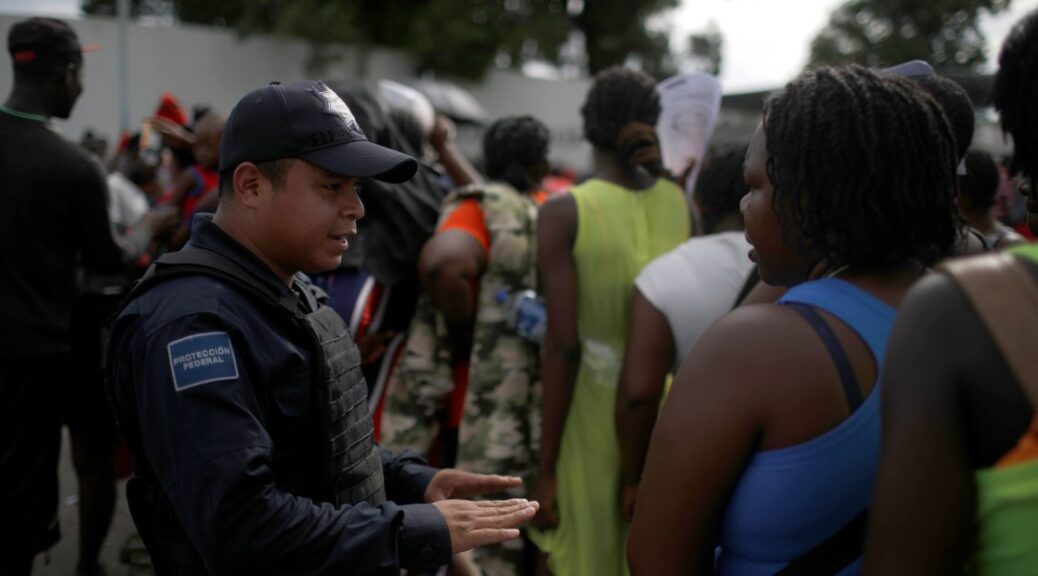
Mexico’s Vow to Tighten Border Fails to Deter US-Bound Migrants
Post by Lauren Leonard. Colgate Class of 2021.
Source: Agren, D. (2021, April 14). “Mexico’s Vow to Tighten Border Fails to Deter US-Bound Migrants.” The Guardian.
As part of the joint effort to control the surge of migration at the US-Mexico border, greater attention is being paid to the conditions of the Mexican Southern border that separates Mexico from Belize and Guatemala. Even with recently announced travel restrictions and greater allocation of border enforcement from the Mexican government, however, it appears that the flow of Central American migrants into Mexico has gone relatively unchanged. Along the Usumacinta River, migrants are still crossing easily and eventually making their attempt into the United States. But unlike the US-Mexico border, an added level of complexity stems not from the absence of border enforcement but also from corruption within customs forces. Smuggling is a profitable market for those willing to provide the service in times of increased border protection. In the traditional market for smuggling services, greater restrictions and enforcement would increase demand while also reducing supply. More potential migrants demand the service but the new potential dangers for a smuggler disincentives people to provide it. The market for smuggling services in Mexico, however, is not a traditional one. Migrants, who don’t have proper documentation, are paying to pass at the border. In other cases, Mexican migration and customs forces are robbing migrants of their belongings as they try to cross. In anticipation of the Biden Administration perceived amnesty towards migrants, demand for smuggling services has greatly increased both for crossing into Mexico and the United States, but the supply effect is much more complex. Smugglers do not find it necessary to reassess the costs of smuggling under greater enforcement because they work with said enforcement on exploiting migrants. Corruption has long been a problem area of focus for the Mexican government, but there has to be a consideration for what Father Gabriel Romero, a director of a Guatemalan migrant shelter, described as “a network taking advantage of migrants.” If the U.S. wants to implement policy that will ensure long-term stability, it is not as simple as to say that Mexico should increase enforcement. Smuggling has and will remain a forefront obstacle in achieving policy goals but policy must reflect the same complexity that defines the reality of the current crisis.